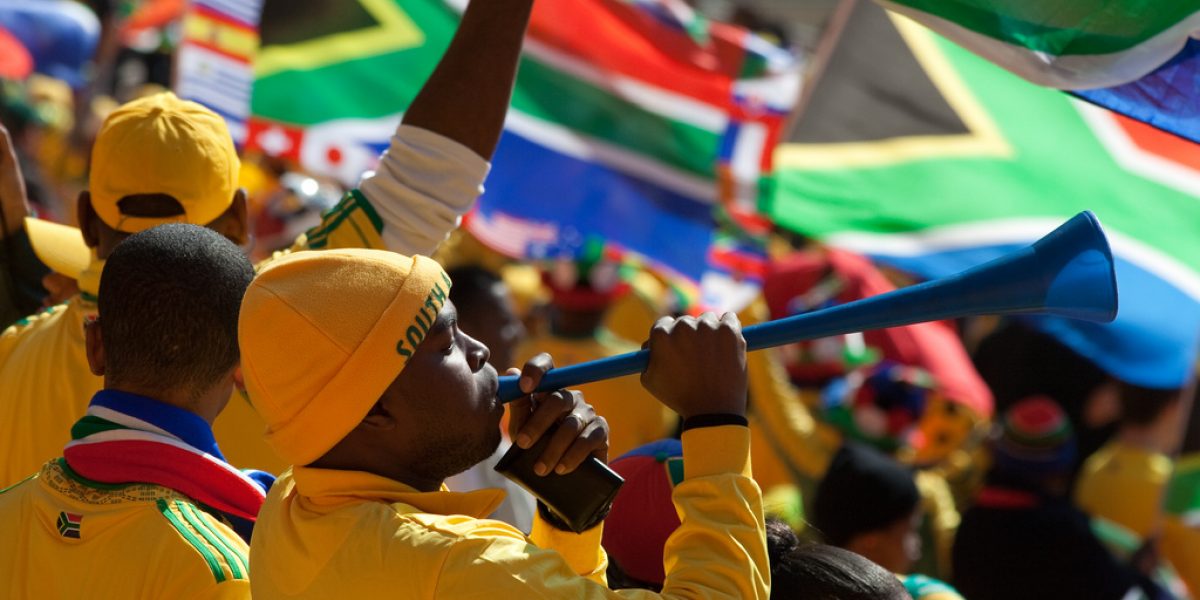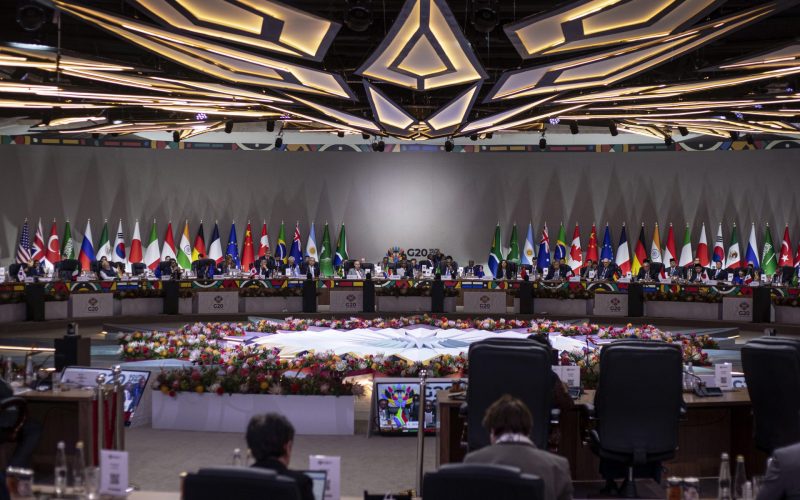Many media statements were incorrectly based on direct inferences between Angola and South Africa, as though Africa was one big country. The fact that South Africa has touted the 2010 FIFA World Cup as ‘Africa’s game’, may have added to the confusion. The differences between the two countries are clear, they have been pointed out, and this has allayed some of the security fears. Yet the notion of the World Cup being held in Africa clearly continues to feed into the insecurity of much of the world. Of the 18 Soccer World Cup events, most have been played in either the Americas or in Europe, with Japan and South Korea hosting Asia’s one opportunity. Since 1930 when the first global soccer cup was hosted in Uruguay, the world has become familiar with the nations that were at the forefront of the game, and what their management capabilities were. It may be ventured that the event had assumed a club-like comfort zone for the millions that follow the game. So, there can be little doubt that the news that South Africa was selected as the World Cup hosts for 2010 was received with misgiving s by many of the followers of the ‘great game’ – the unease based on a concoction of ignorance of South Africa and its capabilities, a degree of envy and a sense that the equilibrium of the event has been disturbed.
Yet it would be naive to gainsay security concerns during South Africa’s turn at managing this event. To turn the spotlight on them, security issues have two dimensions: criminality and terrorism, which tend to be mutually exclusive.
Criminality, particularly its violent cloak, garners South Africa one of the highest such ratings in the world. Typical of a developing country, indications are that some forms have decreased, while statistics show that it has actually stabilised over the past decade. When one factors in its porous borders where sources indicate up to 10,000 ‘undocumented migrants’ flock to the country per week, and if one adds to this mix precious few job opportunities, a spike in crime over the FIFA World Cup period appears inevitable.
Terrorism, on the other hand, is notoriously difficult to define, because the cyclical argument of ‘one person’s terrorist is another’s freedom fighter’ bedevils attempts. Some five common denominators, however, show that terrorism uses ‘extra-moral’ violence against non-combatants, it aims to provoke fear and impose unacceptable costs through loss of life, property or prestige, it’s mainly or ostensibly for political purposes, it inflicts intolerable damage on targets that symbolise opponents’ power – thereby emphasising the limits or fragility of that power; lastly, but very importantly – they covet publicity that amplify these acts. Sports events are magnets for terrorist and copy cat attacks, with soccer being a quasi-religion for many. In this respect, the recent attack by the FLEC scored top ‘global impact’ marks.
In answer to both criminality and terrorism, South Africa has the political will and the capability to ensure a rapid and professional reaction to either type of event. Lamentably, the likelihood is that actions would only take place after an event – and here lies its Achilles heel – for it is not sufficiently proactive in especially counter-terrorism intelligence. The capacity has been blunted by the politicisation of its intelligence services, as has been pointedly highlighted in local media over recent weeks. If one factors this in with a sense of complacency after having successfully hosted other international sporting events (Rugby and Cricket World Cups in 1995 and 2003, the FIFA Confederations Cup in 2009), and it makes for a lethal mix.
South Africa needs to urgently carry out actions to: recognise that a problem exists in its intelligence services, replace political lackeys with professionals, creatively wargame vulnerabilities that potential terrorists can exploit, and overhaul co-operation at national, regional and international level too. At global level, intelligence services continue to gravely underestimate the evil creativity of terrorist minds. Although it may have been said in a different context, Einstein’s dictum that ‘imagination is more important than knowledge’ needs to be constantly borne in mind; while a report on the 9/11 United States terror attacks were found to be ‘a failure of imagination’.
President Obama said after the failed terrorist attack on the United States on 25 December last year that US intelligence had ‘failed to connect the dots’. With information to hand in the public domain, those dotted clues may be present in South Africa, in Africa and beyond. The dots may be tapping their way to a terrorist outrage being planned for the FIFA World Cup 2010. Let us hope that actions to remedy this situation are not dashed, for to be forewarned is to be forearmed.








